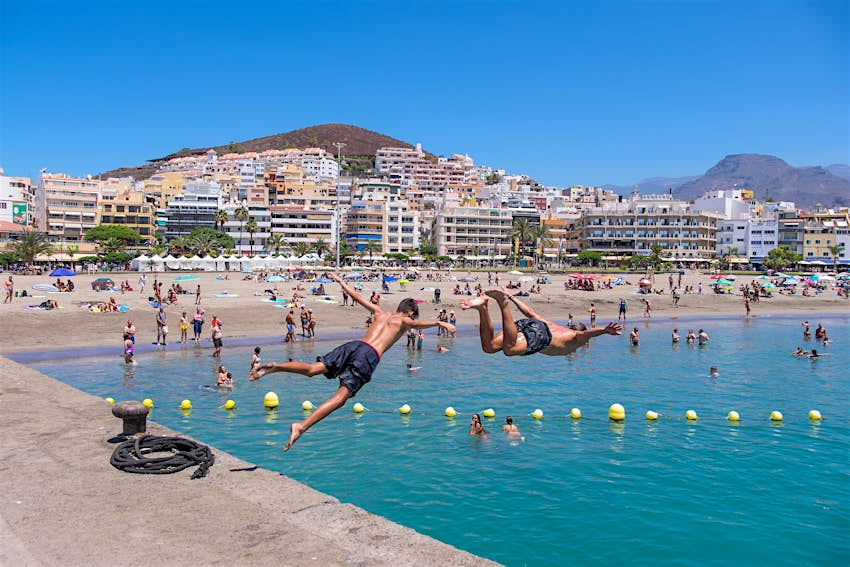Millions of people are now playing it.
Plenty are as desperate and traumatised as the competitors in The Squid Game, but if you live in L’Hospitalet de Llobregat or Santa Coloma or Sant Roc or La Mina your battle for survival has no entertainment value.
In fact, the game has already started in your sleep, where you are having dreams of persecution and chronic failure.
Now you are out of bed early to take advantage of the cheapest electricity before the costs jump at 8am. You are in a freezing winter kitchen, dressed in your thin but warmest puffer jacket.
Of course the heating cannot be put on. Don’t be ridiculous.
Here is your routine breakfast: pappy supermarket bread and instant coffee with long life milk.
Soon you are standing on a RENFE line 4 train from Manresa heading away from Barcelona out to the industrial areas.
Then, against the slow-rising December dawn, you are one of the still bleary-eyed passengers who get off at Sant Feliu.
With the cold knifing into your ears even through your woollen beanie, you and a dozen others trudge along the rough pebbles on the side of the tracks. This means you don’t need a valid ticket. You’ve saved one euro. Something learned in this part of the game years ago.
Of course, you could have been closer to your destination if you’d got off at Cornella but sometimes ticket inspectors are there, as you found out to your cost: a 100-euro fine that made you cry when you got home.
Today has a new twist. You have a job interview.
You don’t know the pay rate because it wasn’t specified in the ad. It never is anymore. Was it always like that? The unknown.
It has so many fingers around your throat. The day feels like it should already be over but you have a half hour march past bland square box buildings and fences.
The air smells like a sewer but only when the breeze blows the wrong way.
Yes, the game is afoot. It is never not.
You know there will be different versions of it to navigate.
There is the one where you learn where the speed cameras are on all your local roads where you reluctantly drive because of the cost of petrol.
Another is using back roads without roundabouts because your car is not registered any more and the police routinely stop drivers to check. You can’t even drive it in Barcelona in the low emissions zone because it’s too damn old.
The game is getting to the end of the month.
The games within the game: self-haircuts, self-dentistry, and self-denial: not eating meat and never spending on other travel outside your area.
And shopping for the cheapest fruit and vegetables where you usually end up buying them from corner shops. Suspiciously, there’s no country of origin label for their produce.
The game is the guilt when every blue moon you buy a beer in a bar, just to remind yourself that you’re human.
It’s knowing that next month, next year cannot be any better. It is always worse, so it always will be.
And there will be no Christmas for your child. That is the worst of it.





